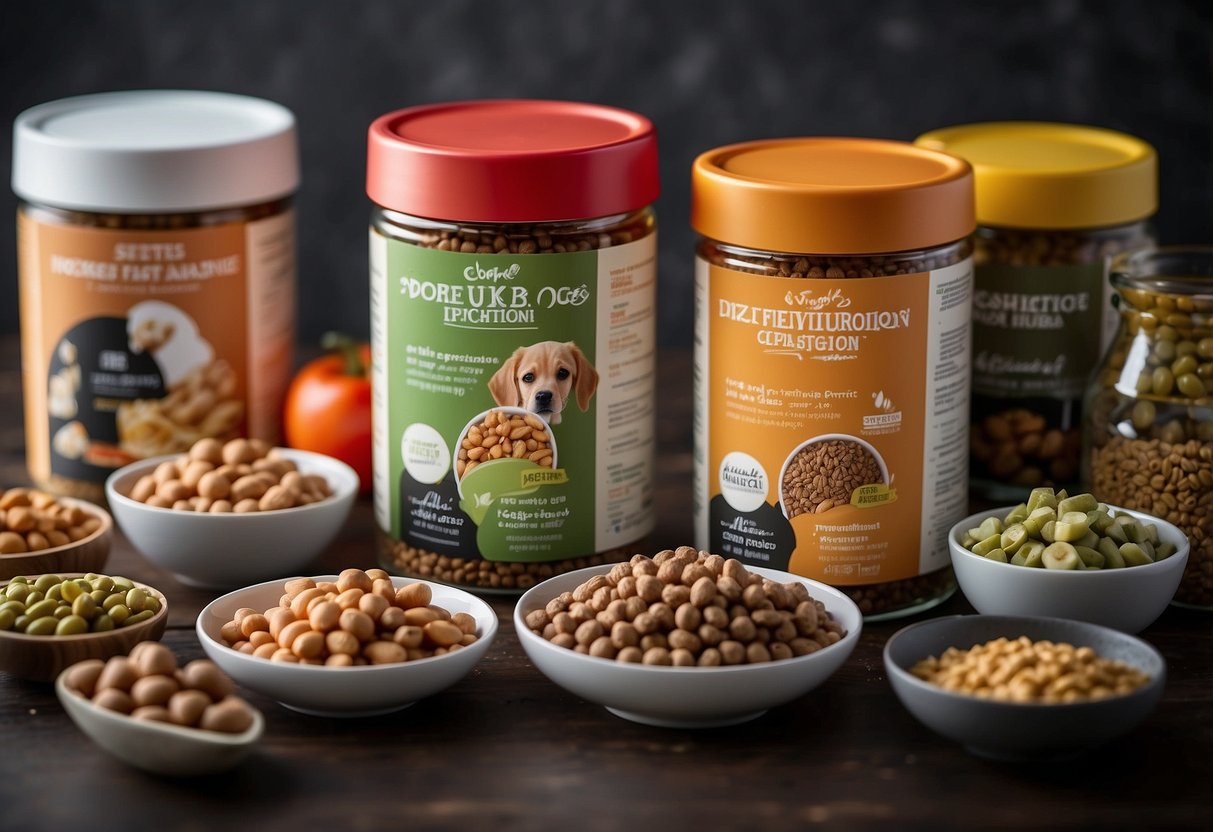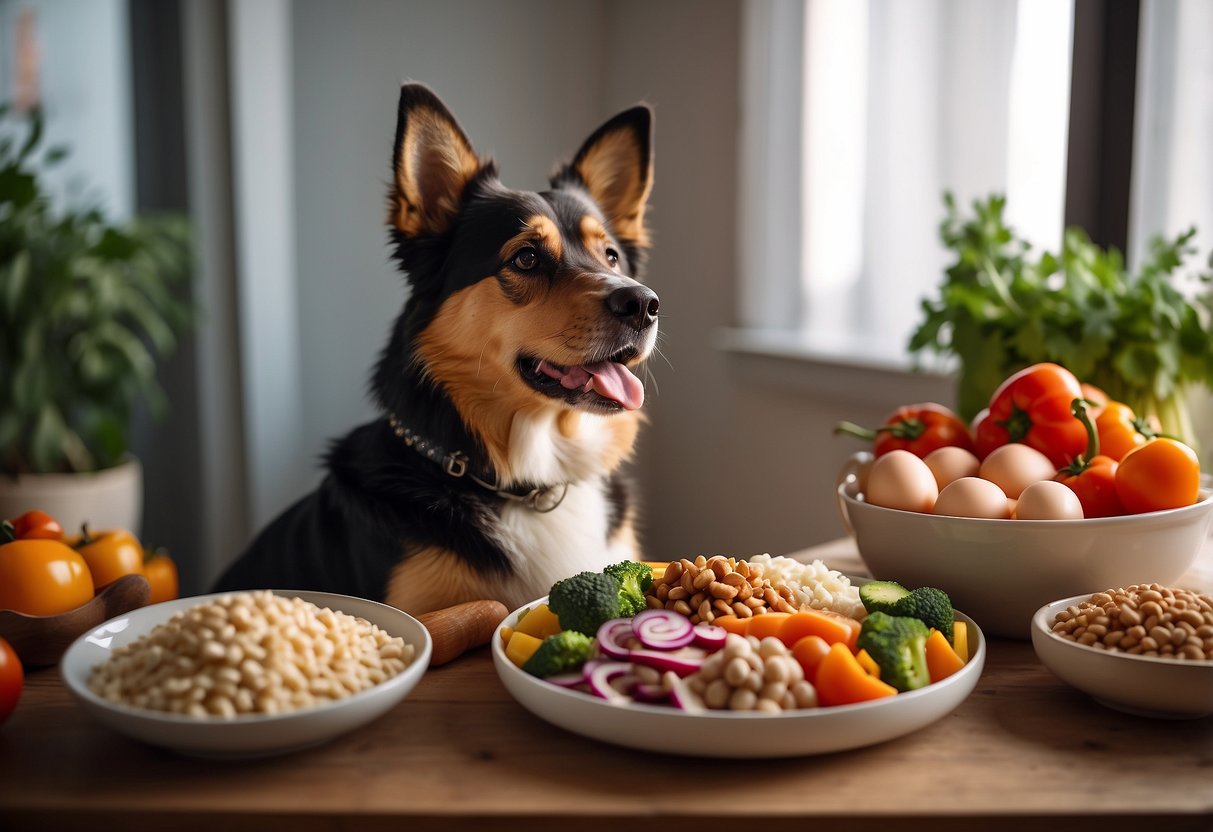
Home-Cooked Meals
Home-cooked meals for dogs allow owners to have complete control over their pets’ diet, using fresh ingredients and tailoring meals to specific dietary needs. This can be beneficial for dogs with allergies or medical conditions that require special nutrition.
Preparing home-cooked meals requires a good understanding of canine nutrition to ensure that the meals are balanced and meet all of the dog’s dietary requirements. Often, supplements are necessary to provide essential vitamins and minerals that might be lacking in home-prepared meals.
Grain-Free Options
Grain-free dog diets exclude grains like wheat, corn, and rice, focusing on proteins and vegetables as main ingredients. These are popular among owners who believe grains may cause allergies or digestive issues for their pets.
Some studies have suggested a potential link between grain-free diets and certain heart conditions in dogs, making it crucial to consult with a veterinarian before switching to this diet. Grain-free options can be found in both commercial dog foods and home-prepared recipes.
Assessing Your Dog’s Dietary Needs

Assessing a dog’s dietary needs involves understanding their life stage, activity level, and any special health considerations. Each factor plays a critical role in determining the appropriate diet.
By Life Stage: Puppies to Seniors
Dogs’ dietary requirements change significantly from puppyhood to senior years. Puppies need a diet rich in protein and fat to support rapid growth and development. They also require essential nutrients like calcium and phosphorus for bone health.
Adult dogs need a balanced diet that provides energy without contributing to obesity. Their nutritional needs are different from puppies and seniors, with a focus on maintaining healthy body weight, skin, and coat health. Senior dogs, on the other hand, often require a diet lower in calories but higher in fiber to support digestion. Nutrient-rich foods that promote joint health and prevent age-related conditions are also beneficial for older dogs.
Activity Levels and Diet
A dog’s activity level dramatically influences their dietary needs. Highly active dogs, such as working breeds or those that engage in intense exercise, need more calories and nutrients to maintain their energy levels. These dogs may benefit from a diet higher in protein and fat.
Conversely, less active dogs, or those that are more sedentary, require fewer calories to avoid weight gain. Their diet should focus on maintaining lean body mass and providing enough energy for daily activities.
Moderately active dogs need a balanced diet that meets their energy requirements without leading to obesity. It’s essential to tailor a dog’s diet to match not just their current activity levels but also any expected changes.
Special Health Considerations
Some dogs have specific health concerns that necessitate a specialized diet. Dogs with allergies may need hypoallergenic diets to manage their symptoms. For dogs with kidney disease, a diet low in phosphorus and protein is often recommended to minimize stress on the kidneys.
Dogs with diabetes require diets that help regulate blood sugar levels, such as those high in fiber and low in simple carbohydrates. Those prone to pancreatitis might benefit from low-fat diets.
Other conditions like heart disease, gastrointestinal issues, and obesity also require dietary adjustments. Consulting with a veterinarian is crucial when formulating a diet for dogs with health issues to ensure all nutritional needs are met.



